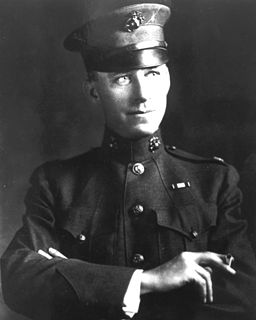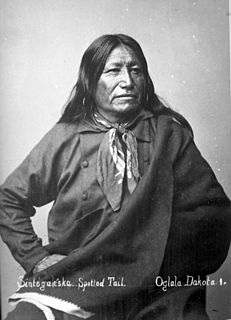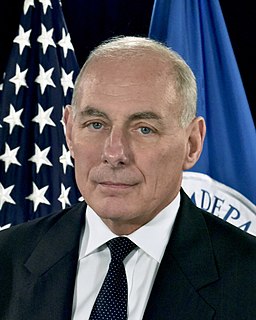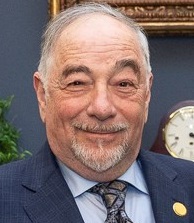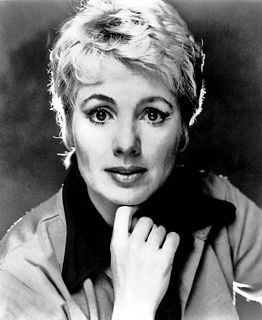A Quote by Earl Hancock Ellis
Yes, Marines are down in jungle land and they did kill a man in a war, and a great many people did not know anything about it.
Related Quotes
I did not elect Rex Tillerson, I did not kill myself for a year. I have total faith in Donald Trump, and I'll repeat what I said to him: I will do anything for that man. But I don't understand how he can not see through all the president's men. They're misleading him. They're leading him down a path he can't come back from.
[Short Talk on Sylvia Plath] Did you see her mother on television? She said plain, burned things. She said I thought it an excellent poem but it hurt me. She did not say jungle fear. She did not say jungle hatred wild jungle weeping chop it back chop it. She said self-government she said end of the road. She did not say humming in the middle of the air what you came for chop.
The reality is that the founding fathers were land speculators. The fact was that you couldn't vote in this country if you did not own land, and that was basically you had to be a white man who owned land. Now how did they get that land? They basically had to steal it from someone, and that would be probably the Indians. And so most of the initial founding fathers were, while they may have had some really nice ideas about democracy, they had a lot of issues with people of color. They had a lot of issues with people who held things that they coveted.
The debate was wearing me out. Once you've posed that question, it won't go away. I think many people kill themselves simply to stop the debate about whether they will or they won't. Anything I thought or did was immediately drawn into the debate. Made a stupid remark--why not kill myself? Missed the bus--better put an end to it all. Even the good got in there. I liked that movie--maybe I shouldn't kill myself.
My parents subscribed to both Time and Newsweek and in 1978, I remember the covers of both that December were of the bodies in the jungle. The fact that many of the people who drank the cyanide - as well as Jim Jones himself - were originally from Indiana, that stayed with me. I wanted to know why they did such a baffling, horrendous thing, why they would kill their children.
